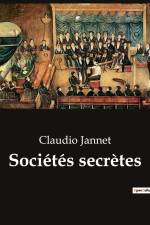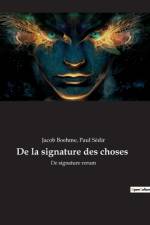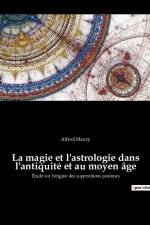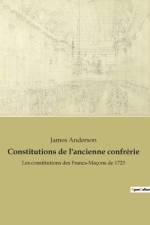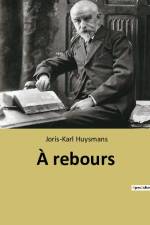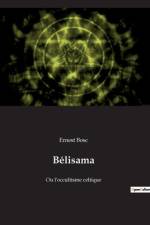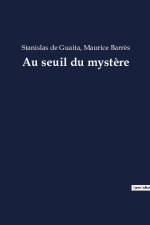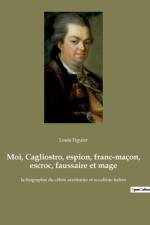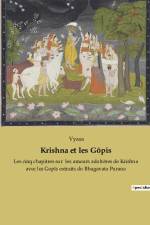av Edouard Schure
587
Monument de la littérature ésotérique, "Les Grands Initiés" d'Édouard Schuré retrace l'histoire secrète des religions à travers les figures de Rama, Krishna, Hermès, Moïse, Orphée, Pythagore, Platon et Jésus. Publié en 1889, cet ouvrage mythique explore les rites d'initiation et les mystères sacrés qui ont façonné l'humanité.De l'Inde védique à la Grèce antique en passant par l'Égypte des pharaons, Schuré nous entraîne dans un voyage fascinant au c¿ur de la tradition ésotérique la plus ancienne. Il y dévoile les liens profonds entre science et religion, les origines des grands mythes indo-européens et la transmission ininterrompue d'un savoir primordial.À travers les destins exceptionnels de ces huit "Grands Initiés", c'est toute une sagesse universelle qui se révèle. Leur enseignement, dispensé à un cercle restreint de disciples, aurait influencé en profondeur le cours de l'histoire humaine. Une thèse audacieuse qui a fait de ce livre une référence incontournable.Mêlant érudition et intuition, Schuré retrace le parcours initiatique de chacune de ces figures tutélaires, depuis leur naissance jusqu'à leur mort, en passant par les épreuves décisives qui ont fait d'eux des "Maîtres de Sagesse". Un récit captivant, qui éclaire d'un jour nouveau l'émergence et l'évolution des grandes traditions spirituelles.Plus qu'une simple somme historique, Les Grands Initiés est une ¿uvre visionnaire, qui invite à redécouvrir la dimension sacrée de l'existence. En nous reconnectant à la source vive des mythes et des mystères, Schuré nous ouvre les portes d'une spiritualité vivante et universelle, où l'Homme peut renouer avec sa nature profonde et son destin cosmique.Véritable bible de l'ésotérisme moderne, ce classique intemporel n'a cessé depuis sa parution d'inspirer des générations de chercheurs et de spiritualistes. Un must absolu pour tous ceux qui s'intéressent à la quête initiatique et à la sagesse des civilisations disparues.


